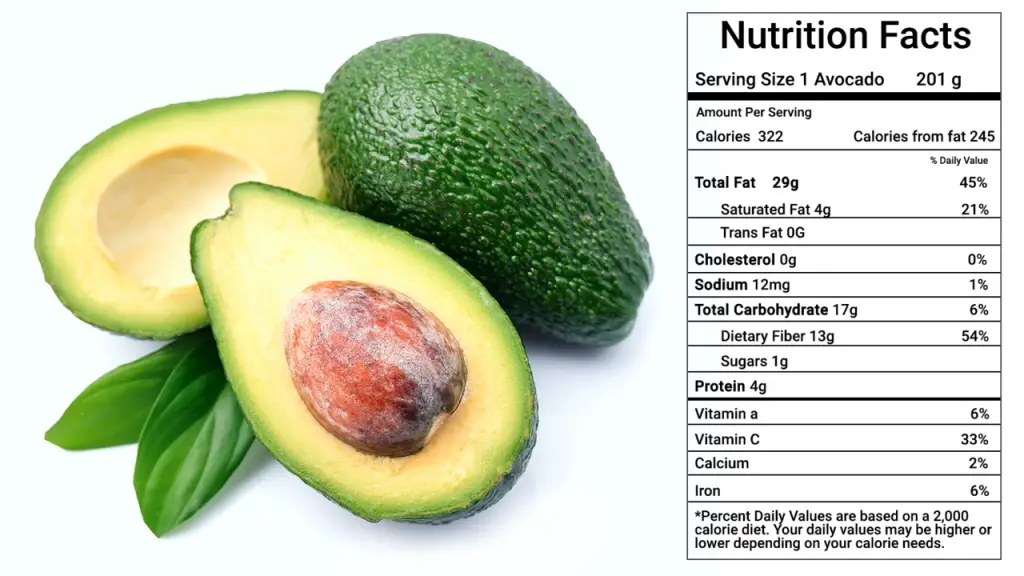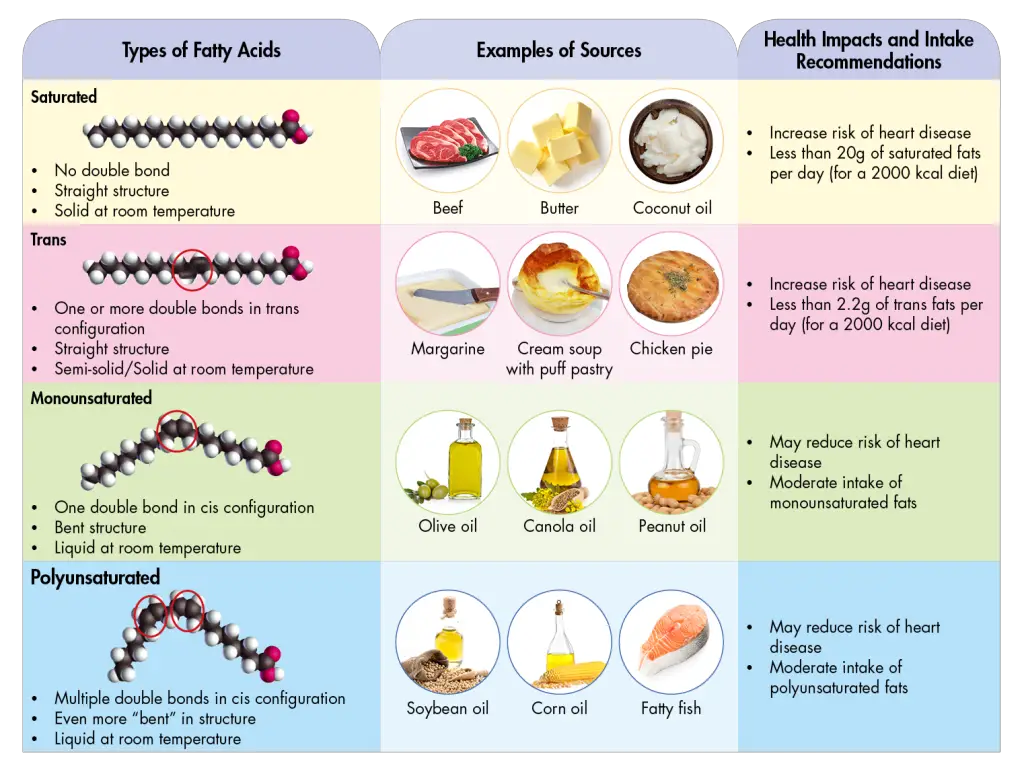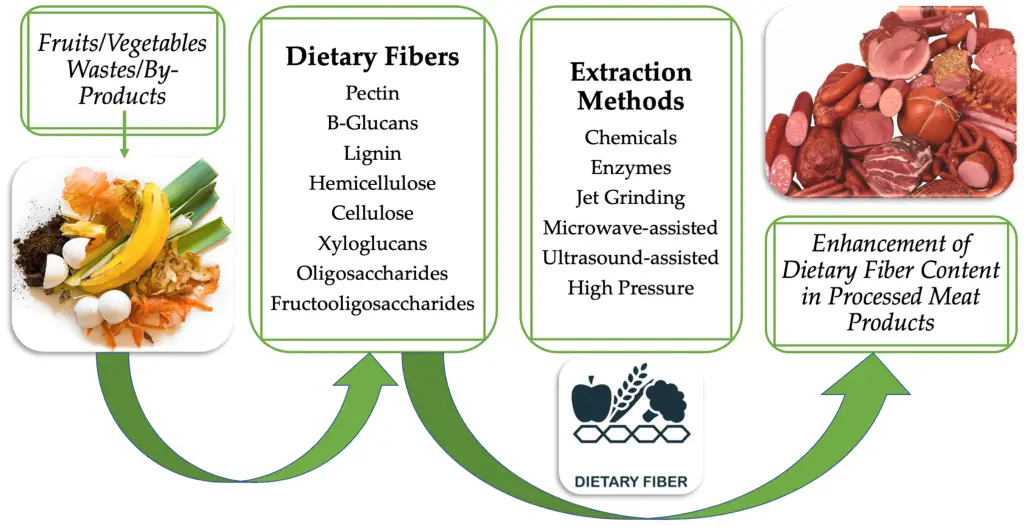Are you trying to shed some extra pounds and wondering if avocado could be a part of your weight loss journey?
Well, the answer is yes! Avocado can definitely help you lose weight while providing numerous health benefits.
This delicious fruit is packed with essential nutrients that can fuel your body and keep you feeling full for longer periods of time.
Avocado is a superfood that contains heart-healthy monounsaturated and polyunsaturated fats that can aid in fat-burning and weight loss.
These healthy fats not only promote good cholesterol levels but also boost metabolism, reducing the risk of obesity and other chronic diseases.
Additionally, avocados are rich in fiber, which helps regulate digestion, prevent overeating, and maintain blood sugar levels. Incorporating avocado into your diet may just be the secret ingredient you need to kickstart your weight loss journey!
Key Takeaways
- Avocado can aid in weight loss due to its high fiber content and ability to increase feelings of fullness and reduce appetite.
- The healthy fats found in avocado, such as monounsaturated and polyunsaturated fats, can also support weight management and promote a healthy metabolism.
- Portion control is important when consuming avocado, as it is high in calories.
- Avocado can be a versatile and nutritious addition to a balanced diet when used in moderation.
The Nutritional Value of Avocado
Want to know why avocados are a nutritional powerhouse? Check out their impressive nutrient profile! Avocado nutrition is packed with vitamins and minerals that make it an excellent addition to any diet.
A single avocado contains around 20 different vitamins and minerals, including potassium, vitamin K, vitamin E, vitamin C, and B-vitamins.
One of the most significant health benefits of eating avocados is their ability to help you lose weight. Avocado is high in healthy fats that have been shown to increase feelings of fullness and reduce appetite.

Additionally, studies have found that people who eat avocados tend to have lower body mass indexes (BMI) than those who don’t.
If you’re looking for some delicious ways to incorporate more avocado into your diet, there are plenty of avocado recipes and meal ideas out there.
You can use mashed avocado as a substitute for mayonnaise or sour cream in dips and spreads or add it to smoothies for extra creaminess. You can also slice up fresh avocado and add it on top of toast or salads for a tasty and nutritious snack.
The options are endless when it comes to incorporating this superfood into your diet!
The Role of Monounsaturated and Polyunsaturated Fats in Weight Loss
By incorporating more foods high in monounsaturated and polyunsaturated fats into your diet, you can help promote weight loss and improve overall health.
These healthy fats are known to reduce inflammation, lower the risk of heart disease, and aid in weight management. Avocado is one of the best sources of these healthy fats, making it a great addition to any weight loss plan.

Monounsaturated and polyunsaturated fats have been shown to be more effective at promoting weight loss than other types of fat.
This is because they help increase feelings of fullness, which reduces calorie intake throughout the day.
They also support healthy metabolism and insulin sensitivity, which can further aid in weight management.
Incorporating avocados into your diet is a simple way to increase your intake of healthy fats.
You can add slices to salads or sandwiches, use it as a topping for toast or crackers, or blend it into smoothies for added creaminess.
Just keep in mind that while avocado does contain healthy fats, it is still high in calories, so be mindful of portion sizes when adding it to your meals.
The Importance of Fiber for Satiety and Overeating Prevention
To feel satisfied and prevent overeating, it’s important for you to incorporate fiber-rich foods into your diet. Fiber is a type of carbohydrate that cannot be digested by the body.
This means that it passes through your digestive system relatively intact, adding bulk to your stool and promoting regular bowel movements.
Fiber benefits extend beyond just digestive health. Eating fiber-rich foods can help you feel full and satisfied after meals, which may reduce the likelihood of overeating or snacking on unhealthy foods throughout the day.

This is because fiber slows down the rate at which food leaves your stomach, keeping you feeling fuller for longer.
Incorporating more fiber into your diet doesn’t have to be difficult. Some easy ways to increase your intake include eating more fruits and vegetables, choosing whole grain products instead of refined grains, and snacking on nuts or seeds.
By doing so, not only will you reap the benefits of increased satiety and overeating prevention, but you’ll also likely experience other health benefits such as improved cholesterol levels and better blood sugar control.
Incorporating Avocado into a Balanced Diet
You can add a delicious and nutritious ingredient to your meals by incorporating creamy avocado into your balanced diet. Avocado is an excellent source of healthy fats, fiber, vitamins, and minerals that can aid in weight loss.
However, like any other food, moderation is key. To reap the benefits of avocado without going overboard on calories, it’s essential to practice portion control.
One way to incorporate avocado into your diet is by adding it to healthy recipes such as salads or smoothies. For example, you can make a delicious and filling salad by combining chopped lettuce, tomatoes, cucumbers, grilled chicken breast, and sliced avocado.
Another option is to blend avocado with leafy greens and fruits for a nutrient-packed smoothie that will keep you full for hours.
To ensure you don’t consume too many calories from avocados, it’s crucial to practice portion control. One serving size of avocado is typically one-third of a medium-sized fruit or two tablespoons of mashed or diced avocado.
Adding more than this amount may lead to consuming excess calories that could hinder weight loss progress.
Incorporating avocado into your balanced diet can be an excellent way to boost weight loss efforts while enjoying delicious and nutritious meals.
By following portion control guidelines and incorporating avocados into healthy recipes such as salads or smoothies, you’ll be able to enjoy the benefits without going overboard on calories.
Using Avocado as a Tool for Weight Loss
If you’re looking for a tasty and satisfying addition to your weight loss plan, consider using creamy avocado. This fruit is rich in healthy fats, fiber, and various nutrients that can help aid in weight loss.
One great way to incorporate avocado into your diet is through making delicious avocado smoothies. Simply blend together some ripe avocado with your favorite fruits and veggies for a nutritious and filling drink.
Another popular way to use avocado for weight loss is by making avocado toast. This simple breakfast or snack option involves mashing up some ripe avocado onto whole grain toast and topping it off with some spices or sliced veggies.

Avocado toast provides a good balance of healthy fats, fiber, and protein that will keep you feeling full and satisfied throughout the day.
Overall, incorporating more avocado into your diet can be a helpful tool for weight loss. The key is to use it in moderation as part of a balanced diet that includes plenty of fruits, veggies, lean proteins, and whole grains.
So go ahead and enjoy some tasty avocado smoothies or toast while working towards your weight loss goals!
Frequently Asked Questions
Can eating too much avocado actually cause weight gain?
Yes, eating too much avocado can lead to weight gain. While avocados are healthy, they are high in calories. Practice portion control and be mindful of the calorie content to avoid overconsumption.
Can avocado be used as a replacement for other high-fat foods in a weight loss diet?
Avocado can be a healthy addition to a weight loss diet when used as an alternative to high-fat foods and consumed in moderation. Practice avocado portion control and pair with nutrient-dense options for optimal results.
Are there any potential side effects of eating too much avocado for weight loss?
If you eat too much avocado for weight loss, there are potential risks such as consuming too many calories and disrupting nutrient balance. It’s important to monitor portion sizes and incorporate a variety of foods in your diet.
How many avocados should I eat per day for optimal weight loss benefits?
To maximize weight loss benefits, aim for 1/4 to 1/2 avocado serving size per meal. Incorporating avocado into meals can boost satiety and provide healthy fats. Remember to also maintain an overall balanced diet.
Is it better to eat avocado raw or cooked for weight loss purposes?
When it comes to weight loss, both raw and cooked avocado can be beneficial. Try incorporating avocado smoothie recipes into your diet for a healthy snack option that can aid in weight loss goals.
Amazon and the Amazon logo are trademarks of Amazon.com, Inc, or its affiliates.

